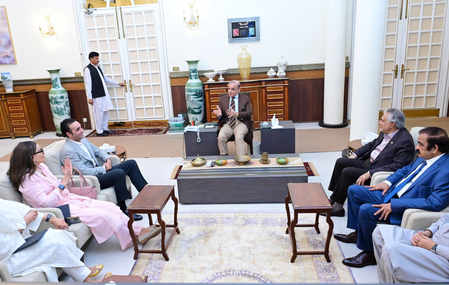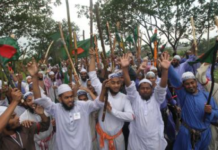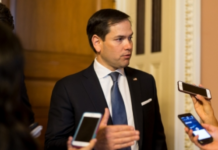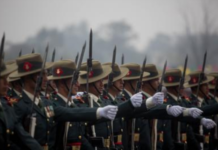Islamabad/New Delhi— Alarmed by the diplomatic wave unleashed through India’s Operation Sindoor outreach, Pakistan appears to be scrambling for a response. Prime Minister Shehbaz Sharif is set to embark on a six-day tour beginning Sunday, visiting four “friendly nations” — Turkey, Iran, Azerbaijan, and Tajikistan — in what observers see as a hurried attempt to salvage Islamabad’s waning global narrative.
Meanwhile, a delegation led by Bilawal Bhutto Zardari, tasked with “presenting Pakistan’s case to the world,” continues to remain grounded in Pakistan, even as Indian diplomatic teams crisscross major global capitals.
India’s coordinated outreach effort, described as a diplomatic and political blitzkrieg, has seen seven all-party delegations visiting key strategic partners — from Tokyo and Moscow to Abu Dhabi, Guyana, and beyond. These missions are focused on exposing Pakistan’s role as a safe haven for global terrorist outfits and reaffirming India’s stance of zero tolerance for cross-border terrorism.
Several nations, including Russia, Japan, and the United Arab Emirates, have not only unequivocally condemned the April 22 Pahalgam terror attack but have also expressed strong support for India’s right to defend itself and counter terrorism in all forms.
The campaign has intensified with External Affairs Minister S. Jaishankar’s high-profile visit to Germany, Denmark, and the Netherlands, where he held extensive talks with top leaders and counterparts, further consolidating India’s outreach across Europe.
Pakistan, still reeling from the military and diplomatic fallout of Operation Sindoor, had earlier announced that Bilawal Bhutto would lead a global mission to “robustly communicate Pakistan’s perspective.” However, many observers have called this another copycat move, echoing India’s far more successful global briefings and high-level engagements.
In a symbolic gesture that backfired, Prime Minister Sharif’s visit to a Sialkot Army cantonment — just 24 hours after Prime Minister Narendra Modi’s stirring interaction with Indian soldiers at Adampur Air Base — was widely perceived as an ineffective PR stunt. Meanwhile, Pakistan Army Chief General Asim Munir has come under heavy public criticism — even ridicule — especially following reports of his promotion to Field Marshal, despite the perceived failure during Operation Sindoor.
Pakistan’s desperate attempts to regain lost ground have only amplified its sense of isolation. Analysts suggest that Sharif’s hurried diplomatic tour to the four nations — some of the few remaining allies — reflects growing anxiety in Islamabad, with Pakistan being increasingly cornered on the world stage.
On Friday, Sharif huddled with Bhutto and other senior officials including Deputy Prime Minister Ishaq Dar, Hina Rabbani Khar, Sherry Rehman, and Climate Change Minister Musadik Malik to strategize a response to India’s expansive outreach.
During the meeting, Pakistan’s leadership reiterated that the Bhutto-led delegation would soon embark on an international tour to present Islamabad’s “stance and narrative in a robust and effective manner.” Yet, with India’s narrative already gaining traction across diplomatic circles, many in Pakistan fear the move may be too little, too late.
With the world’s spotlight shifting toward India’s assertive, globally coordinated diplomacy and away from Pakistan’s reactive measures, the contrast between the two neighbors’ international engagement strategies could not be more stark. (Source: IANS)














